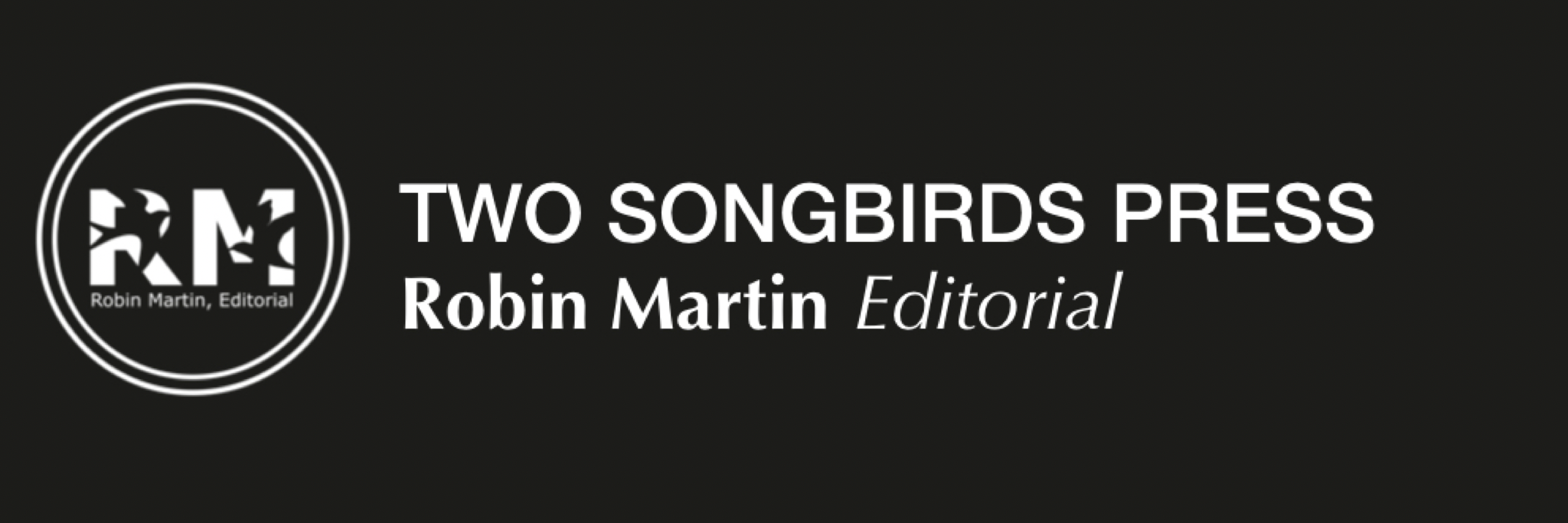- June 1, 2009
- Robin Martin
- 1 Comment

This was going to be a blog post about the great variety of projects I have on my plate right now:
Agenting: pitching a novel to publishers.
Evaluating: reading contest entries for a popular international summer fiction contest.
Writing: compiling a book proposal and pitching package for the authors of a non-fiction leadership book.
Reading: and reviewing books for the Sacramento Book Review.
Editing: guiding a novice novel writer who at the age of 90 has hired me to be a developmental editor (and typist) for his book.
Submitting: researching and sending out my own fiction to potential venues for publication.
Querying: creating freelance writing jobs for myself, interviews, reviews, articles.
Establishing: still working to create my professional brand.
But when I looked at the title I had chosen and then my first line I saw, staring back at me, two huge clichés (now count them 3) and stuck out my tongue in disgust.
Some people, apparently, like clichés, and search for them.
Clichés are, sadly, my primary language. I dream in clichés, (always packing up other people’s stuff that I feel responsible for but the piles keep growing, or climbing up a steep hill that I can’t get to the top of, yadda yadda). I think in clichés and, alas, write in them, until I translate in that second step to original language (or so I hope). Clichés are lazy, yes, also habit and something that can be unlearned.
I speak only snippets of languages other than English: a bit of French, German, Italian, Spanish, but only enough to get me on the right train, a seat by the window, a glass of bubbly water, one more beer, or to the bathroom. But I understand that as a person really integrates a new language into their beings, as they are immersed in English, for example, they may still dream in their L1 or be consciously translating what they want to say into the new language, still thinking in their primary language.
While I may think in clichés, I successfully eliminate them in revision, much like a new language learner translates.
I really believe I have colleagues, I’m thinking in particular of the amazing fiction writer Kylee Cook, who no longer think in clichés, if they ever did. Her primary language is innovative; her stories— hell, even her Facebook posts!— are thought provoking and never cliché. I aspire to the elimination of clichés in any draft. Until then, I guess practice makes perfect.
Oops.




Funny you posted on this. I was just thinking about the use of cliche. When writing fiction, I try to be really careful about avoiding them, but when I blog, I use them all the time. Out of hastiness, or to come up with some silly title that is actually a play on a cliche.
In other words, have some more cliche: Don’t beat your self up about it.